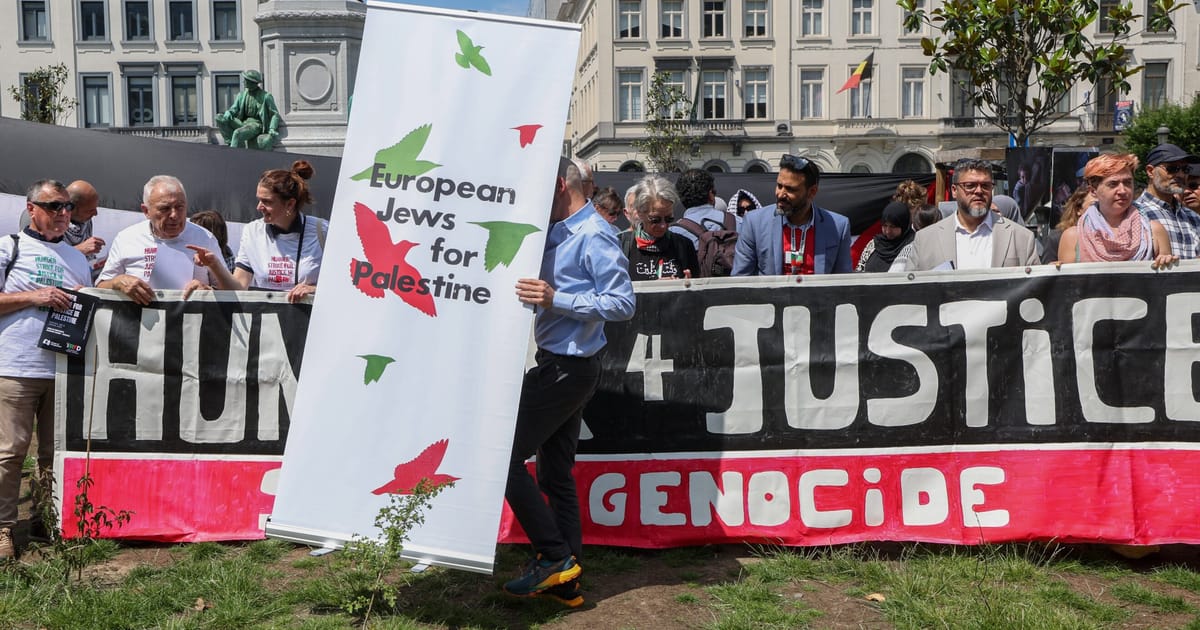

In a world that continues to face intricate geopolitical challenges, recent developments highlight strategic shifts and ongoing negotiations aimed at fostering stability and technological advancement. As countries navigate complex circumstances, both global cooperation and regional tensions are at the forefront of these evolving narratives.
In a move that reflects the nuanced tensions between technological advancements and political dynamics, the European Commission is contemplating the partial suspension of Israel’s participation in the Horizon Europe research fund. This initiative, aimed at promoting groundbreaking research and innovation across the European Union, might see a restriction on Israeli technology funding. While the decision underscores concerns about geopolitical implications, it also highlights the EU’s commitment to proactive international dialogue, melding scientific progress with ethical considerations.
Meanwhile, in a gesture of humanitarian solidarity, Germany, under the leadership of Chancellor Friedrich Merz, is mobilizing efforts to deliver essential food and medical supplies to Gaza amidst mounting domestic and international pressure. This initiative is part of a broader commitment to providing emergency relief, while also maintaining a strategic stance of reconsidering sanctions against Israel at the European Union level. Germany’s role exemplifies a compassionate approach to international crises, balancing diplomatic strategy with humanitarian care.
Across the Atlantic, President Donald Trump has issued a firm ultimatum to Russia, urging President Vladimir Putin to reach a ceasefire in Ukraine within a span of 10 to 12 days or face significant economic sanctions. This decisive measure from the U.S. underscores the ongoing need for a peaceful resolution while highlighting the increasing complexity of international relations. The emphasis remains on diplomatic perseverance and the potential to bring about sustainable peace through strategic engagement.
Further illustrating the intersection of technology and geopolitics, a cyberattack allegedly conducted by a pro-Ukraine group, Silent Crow, led to the cancellation of over 50 flights by Russia’s national airline, Aeroflot. This incident points to the vulnerabilities inherent in digital infrastructures and underscores the need for robust cybersecurity measures to safeguard against disruptions that can impact civilians and economies alike. As the world becomes increasingly digital, ensuring the security and resilience of technological networks has become paramount.
On another front, tensions have stirred between China and Ukraine, with Beijing expressing its discontent over sanctions imposed by Kiev on entities supporting Russia’s wartime efforts. Urging Ukrainian President Volodymyr Zelensky to reconsider this unilateral decision, China’s position reflects its intricate diplomatic calculus. This situation emphasizes the interdependence of global nations and the delicate balance required in sanction diplomacy, necessitating thoughtful deliberation and inclusive decision-making.
As these developments unfold, they collectively illustrate a tapestry of international relations, where diplomacy, technology, and humanitarian efforts are intertwined. The global community watches with hopeful anticipation as nations strive towards resolutions that prioritize peace, innovation, and mutual respect, fostering a climate of collaboration in an increasingly connected world.
Source: {link}
